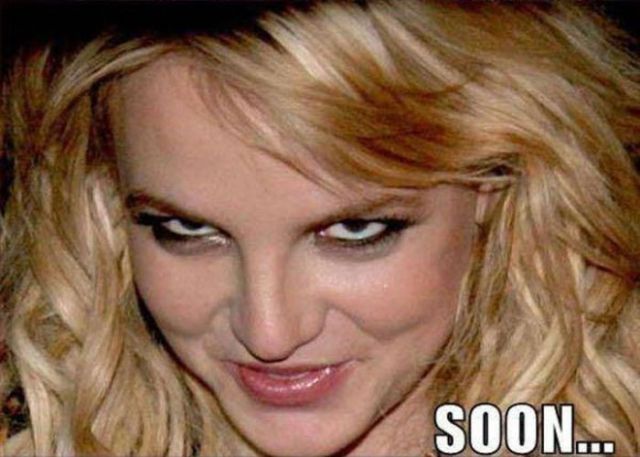jlee562
I'll Lock Up
- Messages
- 5,144
- Location
- San Francisco, CA
You may agree with it now, but a few pages ago you were questioning if there was inherent bias against the working class:
It has to be one or the other. Do you think that othering leads to bias or not?
Othering can lead to bias, but it does not inherently do so. We can only understand ourselves in relation to others. That is the nature of being social animals. However, even though we may understand ourselves as being different, that does not mean that we now have biases against those others. You understand that you are different from someone living in Manhattan. Do you have a bias against people living in Manhattan? You understand that your living situation is better off than someone living in the slums of Mumbai. Do you have a bias against those who do live there? You understand that you're not a (insert ethnicity here), do you have a bias against people of that ethnicity?
If othering inherently (and they key word really is "inherently" led to bias, than everyone would be biased against everyone else. We do form cognitive biases, we may prejudice based on our experience, but the act of defining oneself in relation to another does not, in and of itself, ascribe a value judgment which would indicate bias. Again, this is not to say that it doesn't happen, surely it does. It is also not to say that it doesn't happen frequently, nor that it isn't common. But it is not inherent.
Edit: I should clarify further that my earlier comment about "inherent bias" was really in response to the claims of "historical oppression" of the working class by the middle class and was intended as a comment on societal norms, not individual behavior. I don't think history bears out the subjugation of the working class by the middle class, certainly not to the extent that the upper class has exploited both. The landowning colonialists were not middle class; the robber barons were not middle class; Wall St. bankers are not middle class. One might well make the case that there have been instances of "oppression" from the middle to the lower class (though that case certainly wasn't made here with anything other than rhetoric), however, I disagree with the assertion made that there is an institutionalized bias against the working class.
The comparison was made to a caste system. As I said earlier, I don't think someone who grew up in the Indian caste system would agree with that analogy. Young women are raped in India because of their caste; people are murdered because of their caste; in 2005, over 110,000 cases of violence against the Dalit ("untouchable") caste were recorded. That's an institutionalized bias. There is a legal regime in place which, on paper, prohibits discrimination. Obviously this is not true in practice.
We don't have that here. Whatever antipathy may or may not exist between class, it doesn't reach the level of a system where the bias against class is inherent in the societal framework.
That's the long version of "that doesn't mean there's an inherent bias against the working class."
Last edited:




